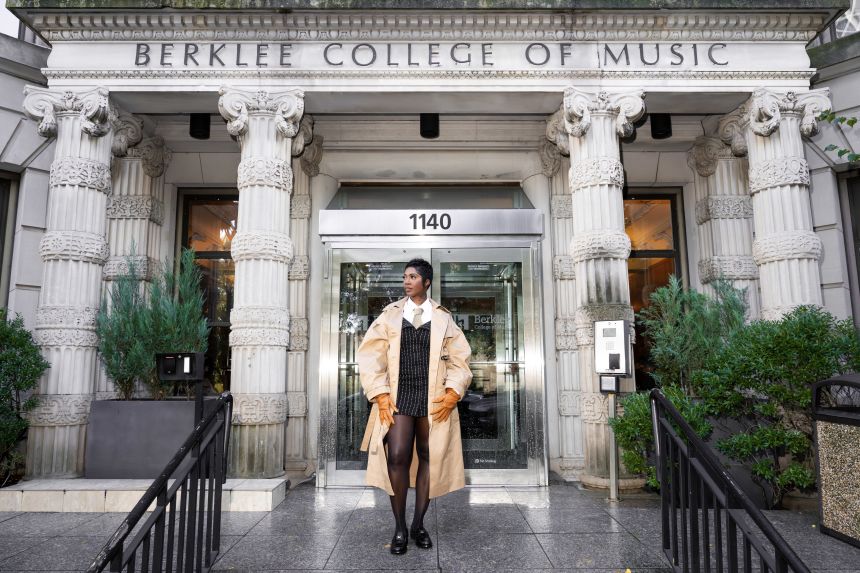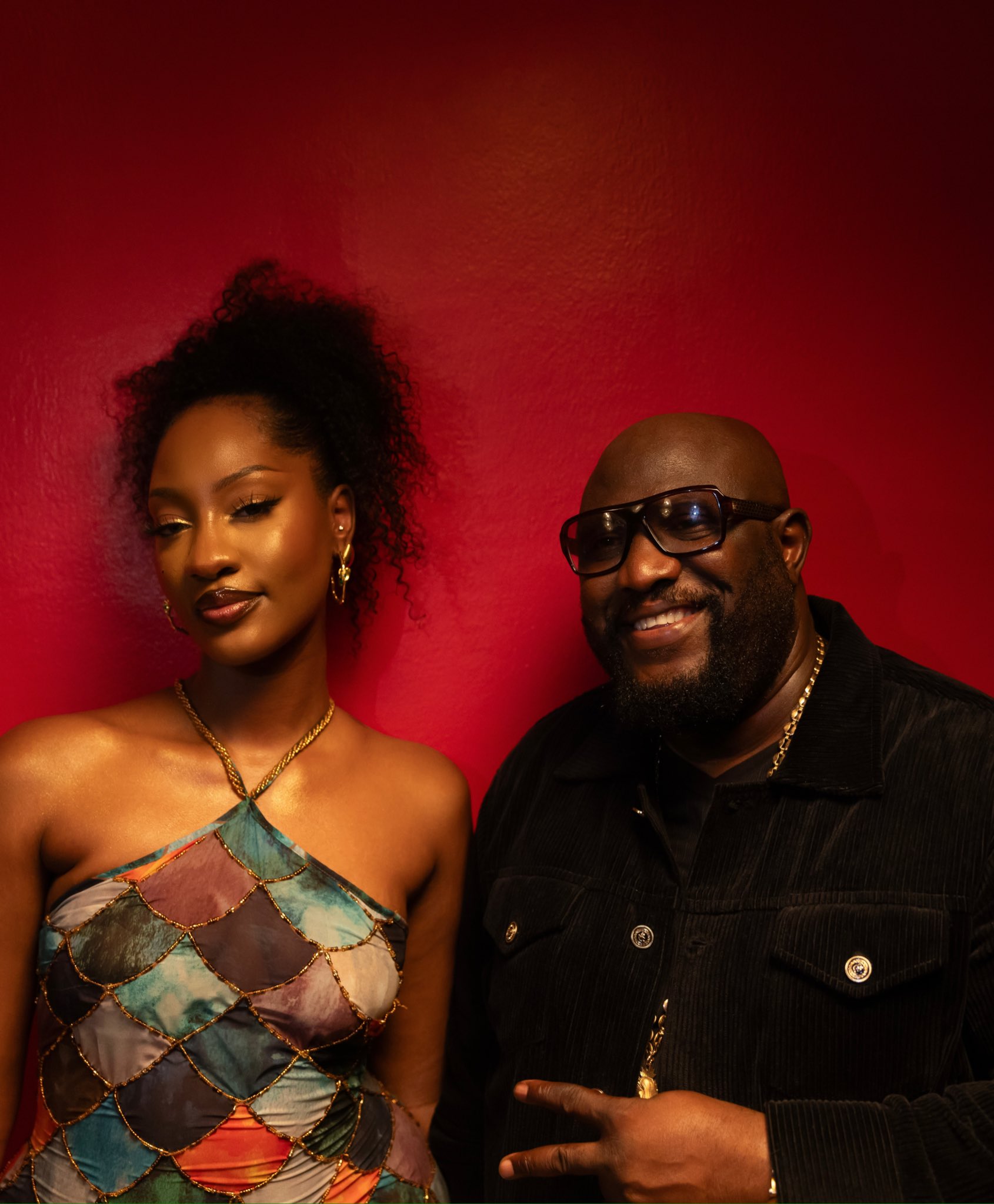Bomi Anifowose
By the time Joeboy hit mainstream status, he’d already mastered the art of whispering his way into our collective subconscious. With Baby, Beginning, and that golden run of early Empawa bangers, he built a whole persona out of emotional minimalism. Heartbreak, but make it vibey. Love, but with bounce. But on Viva La Vida, his third studio album, that well of romantic melancholy starts running deeper. And darker.
This isn’t your Detty December Joeboy. It’s not even Somewhere Between Beauty & Magic Joeboy. This is a Joeboy who’s tired, bruised, still melodic—but finally reckoning with more than love. Viva La Vida is 13 tracks of cautious reflection: a diary of disillusionment, spiritual side-eyes, and soft anthems for the lonely boys who smile in their mirror selfies but cry at their steering wheels.
The opener “Innocent” sets the tone immediately. Joeboy isn’t dodging accountability, but he’s not carrying shame that doesn’t belong to him either. The production is stripped back, his voice barely raised above a murmur. It feels like we’re listening through a keyhole. That somber tone bleeds into “Streets Are Lonely,” a standout that swaps Lagos-for-London heartbreak for honest admissions: fame is a burden, and even fans can’t hug you at night.
The tempo lifts slightly with “Taxi Driver,” where he folds romantic metaphors into a breezy beat. But even then, the energy feels guarded—like someone smiling with one foot out the door. “SMH” plays like a cynical eye-roll to online noise, but the vibe never quite lifts. It’s the one moment where the album’s emotional fatigue sounds more lazy than layered.
Still, the middle of Viva La Vida is where Joeboy proves he isn’t just trying—he’s evolving. “Sunset,” featuring Brazilian artist Elana Dara, glows in all the right ways: their voices glide across each other like a late-night text that doesn’t get left on r
If the album has a blind spot, it’s the parts where Joeboy retreats into old habits. “Abena” and “SMH” don’t add much to his emotional arc; they feel like placeholders for a past version of him that doesn’t quite belong here anymore. “Osadebe,” on the other hand, is a welcome nod to heritage. He taps into the legacy of Chief Stephen Osita Osadebe—not just musically, but thematically. It’s soft, it’s respectful, and it works.
But nothing prepares you for “Hey Father,” the album’s most emotionally raw track. This isn’t gospel. It’s grievance. Joeboy questions his creator, pleads for relief, and strips back every layer of cool. It’s unfiltered, and probably the most Upper Entertainment moment of the album—pain, but tasteful. “Sinner” continues in that mood, and then “I’ll Be Okay,” with Wizard Chan’s gravelly vocals, delivers a closing
Joeboy is not just trying to entertain here. He’s trying to explain himself. Viva La Vida isn’t perfect, but it’s honest. There’s no pressure to deliver radio hits, no forced amapiano detours, no trend-chasing. Just a young man with a soft voice, a full heart, and a heavy head, trying to feel okay in the middle of it all.
It’s Afropop for people who’ve outgrown the honeymoon phase. Or maybe just for those who were never allowed to have one in the first place.
RATING: 7.6/10




